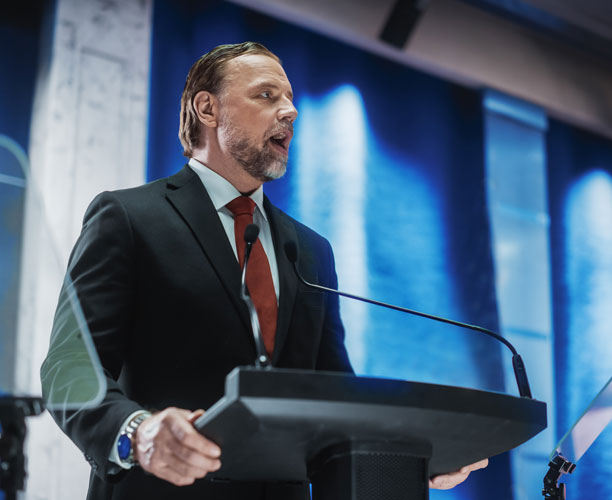Crisis Communications
Let Your Position Shine Through in Times of Crisis

A good crisis communications strategy is like a good lawyer: you hope you never need one. But not having one is not an option.
Ideally, crisis communications is a topic that never comes up. But mistakes happen and crises occur. When crisis situations arise — be it through a faulty product, a workplace injury, or any other incident — you’ve got to be prepared.
At Innis Maggiore, the nation’s leading positioning ad agency, we take the steps necessary to not only effectively communicate to consumers, shareholders, and the public in a time of crisis, but also to avoid the crisis entirely when and wherever possible.
No matter what the situation, from a manufacturing accident to food poisoning to internal issues, our team — directed by an accredited PR professional — is ready to tackle them head on and help you stand out from your competition.
Prevent a Crisis Before It’s Too Late
If crisis communications is the castle prepared to make its last stand, then prevention is the moat surrounding it.
Preemptively stopping and preventing a crisis is always our first step when formulating a crisis communications strategy, because if a crisis can be avoided, that makes the job all the easier on both your company and ours.
We work to develop close relationships with our client contacts and get to know their company almost as well as they do. By learning the ins and outs of your company, we’re able to sniff out potential crises and address them before the issue gets out of hand.
Communicating Information First is Key in a Crisis
Despite all the good prevention can do for minimizing crises and maintaining the status quo, even the best laid plans are subject to chance, and that can spark a time of crisis for your company.
If that time comes, the most important thing to remember is to communicate everything first. Getting in front of the crisis and addressing it directly will keep anyone else from blindsiding you and getting the scoop on you.
When necessary, Innis Maggiore works around the clock to keep information pertaining to the crisis at hand flowing to maintain transparency. Before a crisis breaks, we’re there to get all the relevant facts first. In the midst of a crisis, we’re there to communicate the facts to the public first. After a crisis simmers down, we’re there to give updates as they happen first.
If there’s a question we don’t know the answer to, we work to find the answer as quickly as possible and report it first. Being the second source to report the facts is no different than being the last source to report, so staying in the lead at all times is a must for effective crisis communications.
Creating and maintaining proactive relationships with the media also goes a long way to get through a time of crisis. Transparency and openness with the media is critical, as that extends to the public as well and displays that you acknowledge the crisis and are actively taking the steps necessary to rectify the situation.
In most cases where a company is tangled up in a crisis, the crisis itself isn’t what stays in the minds of the public; it’s how your company responds to it. It’s easy to think of examples of companies that were beaten down by their response to a crisis. Deflecting or reallocating blame, or just not addressing the situation, paints a bad picture of your company to the public. This appears dishonest, untrustworthy, and uncaring.
The ideal outcome of a crisis isn’t that no one remembers the crisis; it’s that people remember how well it was addressed by the company. It takes a lot of tireless work, but getting in front of the situation and addressing it shows that despite the mistakes that might happen, your company cares about doing the right thing.
Build a Better Back-up Plan
If you’re ready to build a strong, direct, and proactive crisis communications strategy, reach out to Innis Maggiore.